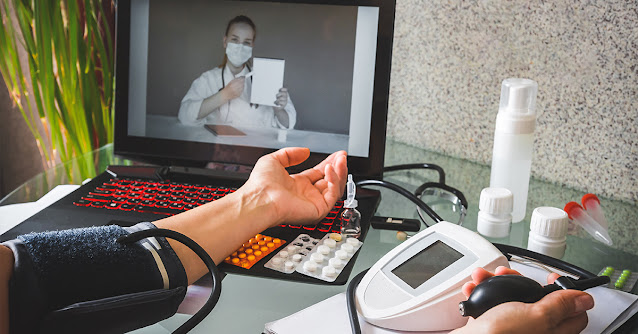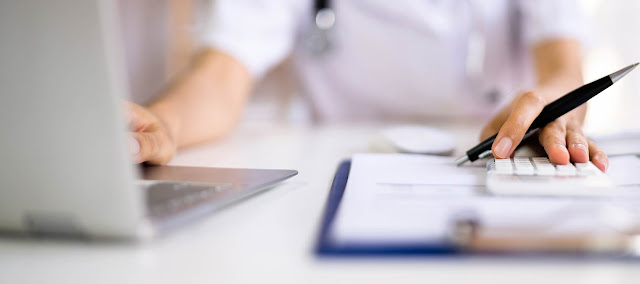What is RPM Medical Billing?
RPM (Remote Patient Monitoring) medical billing refers to the process of coding and billing for healthcare services provided through remote monitoring technologies. It involves documenting and submitting claims for the monitoring of patients' vital signs, health data, and medical devices used for remote care. RPM services typically involve the use of wearable sensors, mobile applications, and telecommunication tools. By accurately coding and billing for these services, healthcare providers can ensure proper reimbursement for their time and resources. RPM medical billing is essential for healthcare organizations to generate revenue, support the delivery of remote care, and improve patient outcomes through continuous monitoring. Importance of RPM Medical Billing
RPM (Remote Patient Monitoring) medical billing is important for several reasons:
Reimbursement: RPM services allow healthcare providers to monitor patients remotely using various medical devices, such as wearable sensors and mobile applications. Proper medical billing ensures that healthcare providers receive reimbursement for the time and resources invested in providing these services.
Revenue Generation: By implementing RPM billing and services for them appropriately, healthcare providers can generate additional revenue streams. This is especially beneficial in the current healthcare landscape, where value-based care and telemedicine are gaining importance. Patient Care: RPM enables continuous monitoring of patients outside of traditional healthcare settings, allowing healthcare providers to detect early signs of deterioration or changes in a patient's condition. Accurate medical billing ensures that healthcare providers can sustain these monitoring services and deliver better care to their patients.
Chronic Disease Management: RPM plays a crucial role in managing chronic conditions like diabetes, heart disease, and hypertension. Regular monitoring of vital signs, blood glucose levels, or other relevant data through RPM devices helps healthcare providers adjust treatment plans and intervene in a timely manner. Proper medical billing supports the sustainability of these vital monitoring services.
Improved Patient Outcomes: RPM facilitates proactive healthcare by enabling early intervention and personalized medical practice setup. This can lead to better patient outcomes, reduced hospitalizations, and improved overall health outcomes. Accurate medical billing ensures the continued availability of RPM services, benefiting patients in the long run.
In summary, RPM medical billing is important for healthcare providers to receive appropriate reimbursement, generate additional revenue, provide quality patient care, manage chronic conditions effectively, and improve patient outcomes through remote monitoring.




Comments
Post a Comment